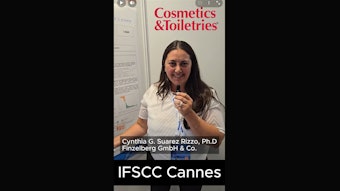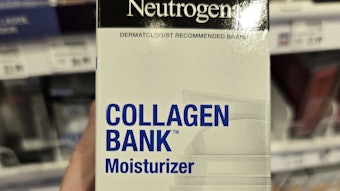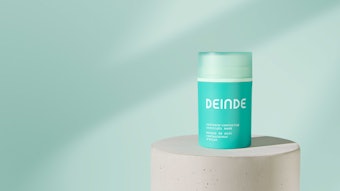
Initially, Johnson & Johnson (J&J) Research Fellow Kim Capone, Ph.D., and colleagues aimed to compare the effects of deeply moisturizing, richly emollient products on eczematous skin. What they found was mostly expected but not on all accounts; some interesting connections were made along the way. Following is an excerpt from the podcast.
"Our Aveeno eczema therapy creams are indicated for eczema," says Capone, "and we know [these and other lotions] are OTC-compliant and designed with rich emollients for really deep moisturization of the skin. So we were really curious about how these [creams]—these OTC products with colloidal oatmeal in them, for example—affect the skin barrier and skin microbiome, and the clinical response to them, as compared to [lotions] that are more inert."
Capone notes, in advance of doing the study, they really had no idea of how the microbiome was affected by J&J's products, so they chose two very different products they could compare and contrast.
"If we had two very emollient products, we might not have seen a difference in microbiome changes," she explains.
What they found, which came as no surprise, was that the emollient cream indicated for eczema significantly increased the hydration of skin. However, they also observed a statististically significant decrease in skin pH with the use of the Aveeno lotion.
"That’s important because we know eczema lesions have typically higher pH levels, but as they progress toward healing, that pH drops. It seems that our product is significantly reducing pH almost immediately upon using the product on skin, so it’s actively changing and bettering the environment of the skin."
The question as to the ideal pH level for skin care formulas has more recently been raised. One patent application suggests lower is better, for both the skin and formulators. Indeed, Wiechers suggested this approach several years ago. The present work from J&J, which connects optimal pH with a healthy microbiome, seems to align with this notion.










